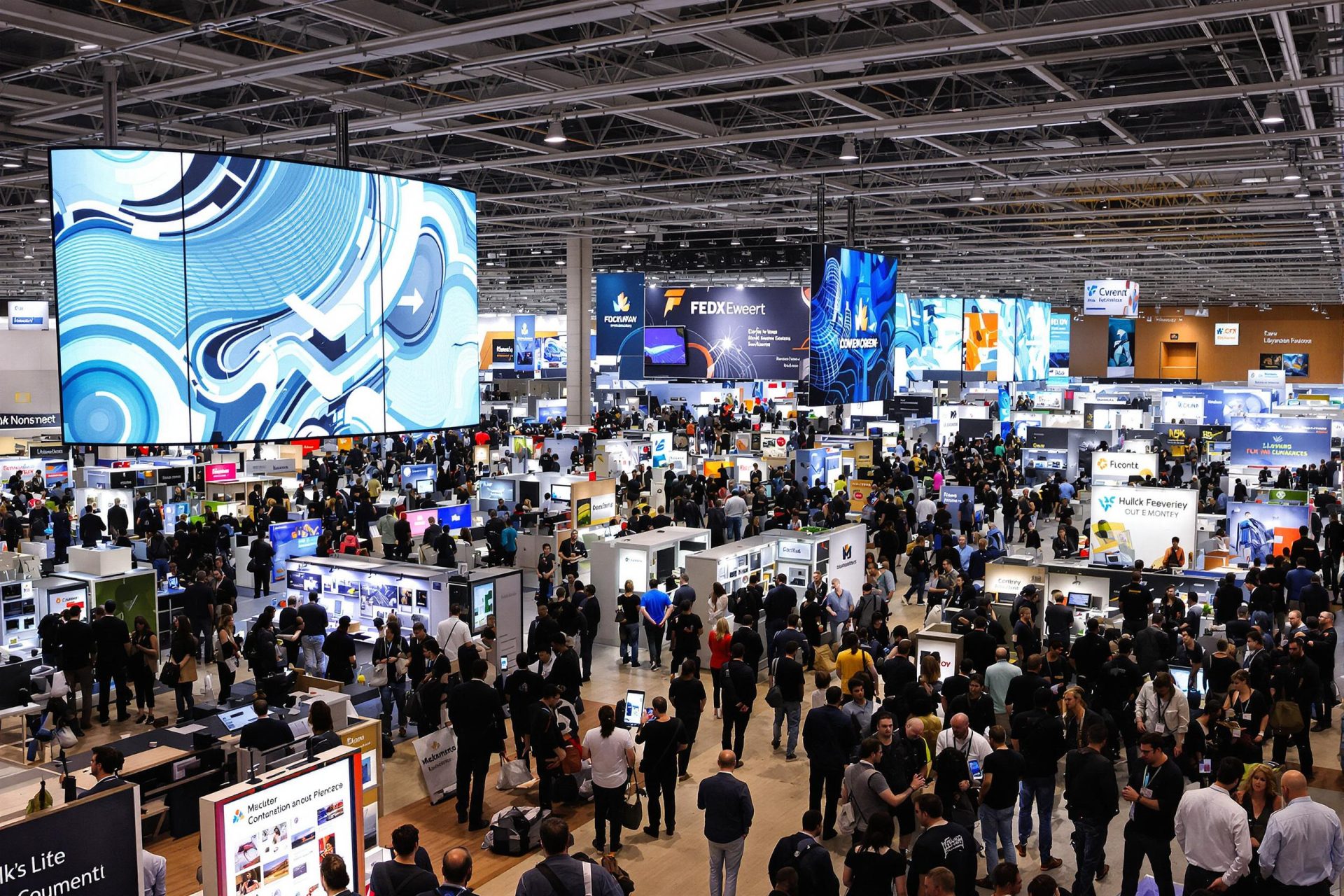Key Takeaways
- Global startup investment has doubled over the last decade, reaching approximately $300 billion annually.
- The rise of artificial intelligence is a major factor, with questions now about whether it could drive another doubling of investment.
- Key drivers include the globalization of venture capital, the increasing prevalence of large “megarounds,” and a surge in AI-specific funding.
- In 2023, AI-related companies attracted over $100 billion, securing about a third of all global venture capital.
Startup investment has seen a remarkable surge, effectively doubling over the past ten years to hit around $300 billion globally each year. This insight comes from data compiled by Crunchbase.
Now, a big question looms: with the artificial intelligence wave gaining momentum and promising huge value creation, could this investment figure double yet again in the coming decade?
Since 2014, three significant trends have fueled this impressive growth in venture capital.
Firstly, startup funding has broken free from its traditional Silicon Valley confines. Investment has flowed increasingly to companies outside the U.S., though a recent surge in AI has brought a renewed focus back to American firms.
Last year, U.S.-based companies, particularly AI giants like OpenAI and Anthropic, pulled in 56% of global investment, according to Crunchbase. This marked a shift from several years where over half of capital went to international startups.
Secondly, “megarounds”—funding deals of $100 million or more—have become a dominant force. These massive investments accounted for over half of all startup funding last year.
And finally, the AI sector itself has become a funding magnet. In 2023 alone, AI-related companies attracted over $100 billion. This represented an astonishing one-third of all global venture capital for the year, fueled by numerous billion-dollar-plus deals.
These trends highlight how technology is increasingly shaping our society and driving significant revenue for industry-leading companies.
The impressive performance of stock market indices like the S&P 500 and the tech-heavy Nasdaq over the past decade also underscores this value creation within the tech industry.
While the overall venture ecosystem more than doubled between 2014 and 2024, this growth rate is actually a bit slower than previous tech investment booms, such as the sevenfold increase seen between 2004 and 2014, albeit from a smaller starting point.
The rise of megarounds means that funding rounds below $50 million now represent a smaller slice of the total pie. Back in 2010, these smaller rounds made up 72% of global venture capital; last year, it was just 38%.
Dharmesh Thakker from Battery Ventures anticipates that megarounds will keep growing. He suggests that AI will enable companies to scale faster and more efficiently than ever before.
“The result will be larger companies growing faster and more efficiently than we’ve ever seen before,” Thakker stated. He also cautioned that “failure rates will be higher… but the companies that succeed will be much larger.”
We are still in the early days of the current AI revolution, particularly generative AI. Experts predict this technology is only a few years into what will be a 10 to 20-year investment cycle impacting numerous sectors.
Thakker believes AI could expand the tech market by two to three times, reaching $2 trillion to $3 trillion. “I expect software and the venture ecosystem to be big beneficiaries of this trend creating many decacorns,” he added, referring to ultra-high-value companies.
As generative AI continues to unfold, the key questions remain: Will venture capital investment maintain its recent growth pace, or even accelerate? And will investors continue to support companies at their very earliest stages?



